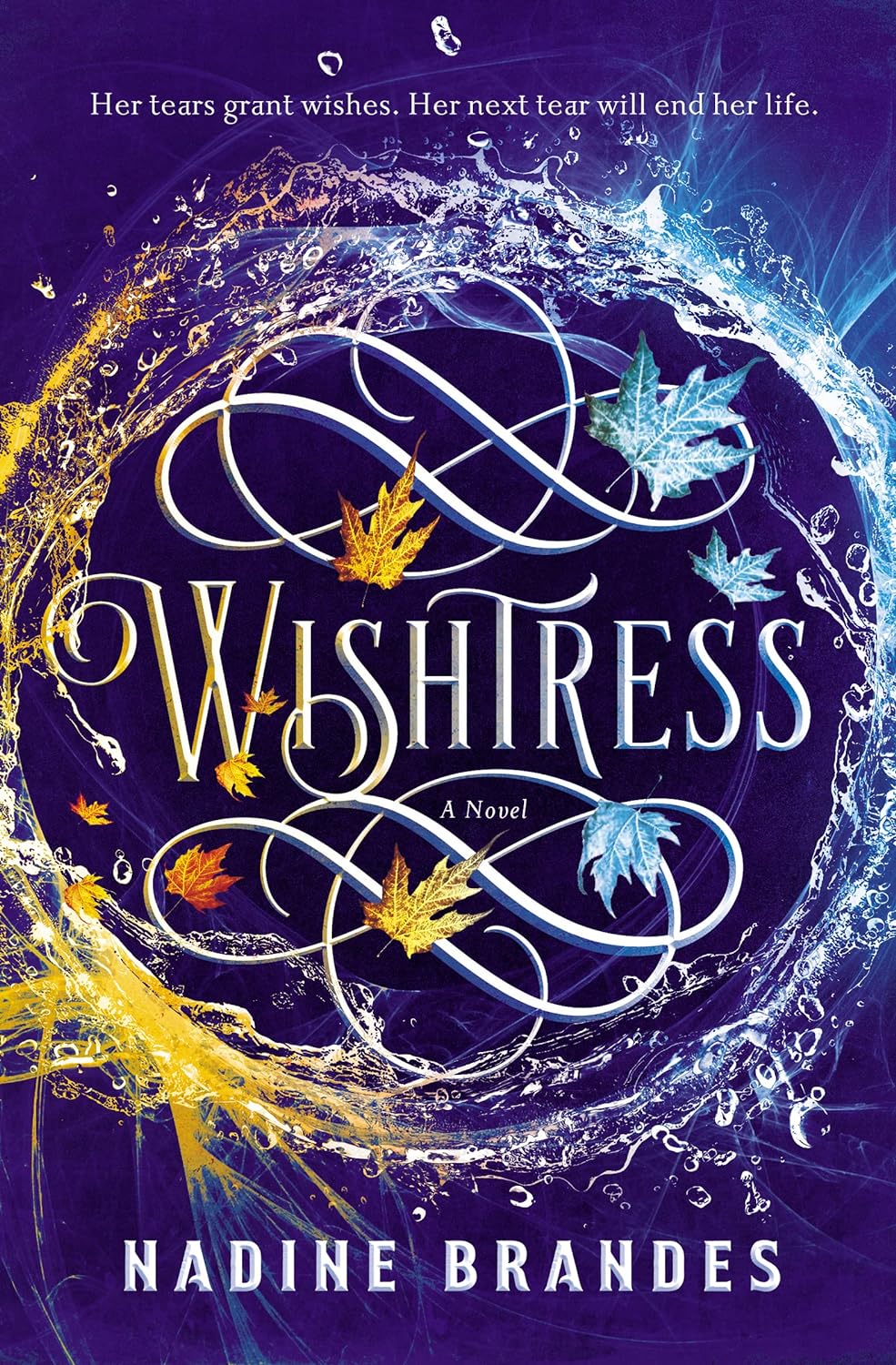Did you grow up on fairytales? Have you always loved the down-and-out stories of Cinderella and Rapunzel while craving more cultural depth from stories like Frozen? Then you’re in the right place. The Wishstress is a fairytale fantasy with palpable Dutch and German cultural ties in a world where the powers of Talents and Banes are about to collide.
From the very first page, tensions begin building and every page seems to bear worse news than the one before. It all starts when Myrthe wastes two wishes on a character you’re never supposed to like, and then she is cursed for it with only one possible solution… reach the Well of Talent for some vague hope it will cure her.
Meanwhile, Bastiaan hunts her down and decides not to turn her into the new king, at least not yet. Unlike some authors who use multiple perspectives (*cough* Sanderson *cough*), Brandes introduces the characters to each other very early, although they have no idea the way fate will tie them together until Bastiaan finds his mark and realizes he has more to lose by turning her into the crown.
Myrthe and Bastiaan’s epic adventure is constantly interrupted and eventually, they have no choice but to face their greatest fears… the challenges that surround the Well of Talents and the baleful waters of the Night Well
While I can recommend this book to adult, fairytale lovers who are ready to get invested in a longer book, I cannot say the same for those who expect to be invested on the first page. Myrthe is an interesting character with equally interesting complications to her power, but once she is cursed, it becomes very difficult to like her as she pushes her emotions away. The very thing that draws you to her at the beginning of the read is dead and buried for about half of the book.
The breaks in the narrative where Bastiaan and his sidekick, Runt, come into play were easily my favorite portions of the book. Although he has lived many years outside of time, Bastiaan has all of the impatience of a 17-year-old boy. He is flawed and yet compassion runs beneath his skin like living water. He is broken and yet dares to hope at every turn. This compassion and hope draws Myrthe from her hard-heartedness and leads them both to make sacrifices that leave a mark on Fairhoven forever.
I hope you’re ready to dig deep on this one because from start to finish, there is no good stopping point.
